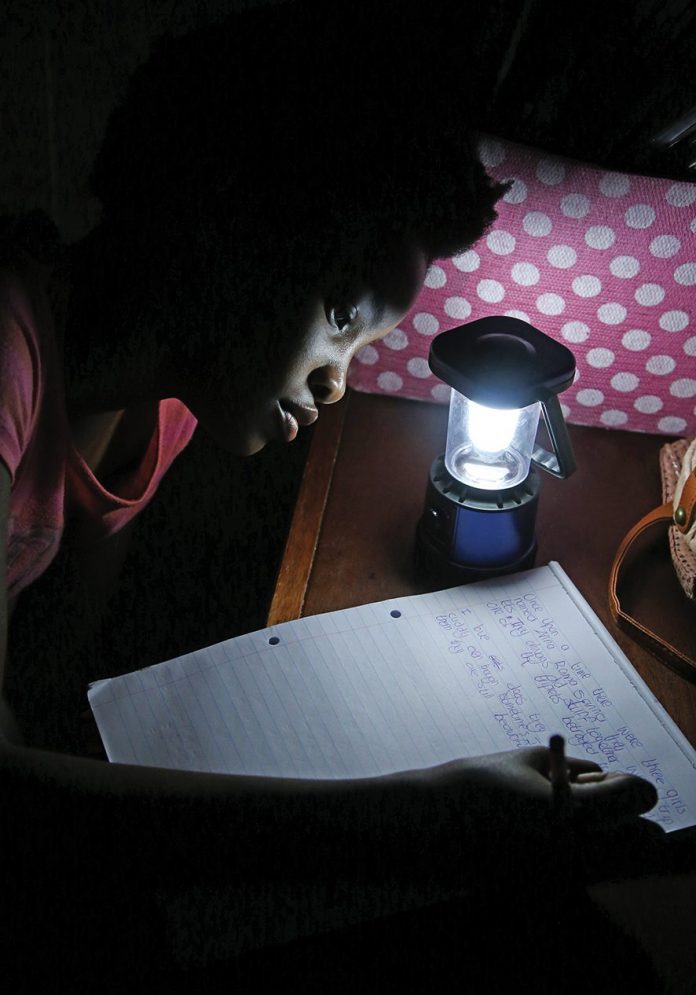The University of Johannesburg’s (UJ) department of sociology has released a research report, Energy Racism: The Electricity Crisis in South Africa, that shows black working-class communities continue to bear the burden of electricity crisis.
Going door to door, the Centre for Sociological Research and Practice interviewed members of the working class in the townships on their experiences, responses, and solutions to the energy crisis facing the country.
In a report the research team, led by professor Luke Sinwell and Dr Trevor Ngwane, concludes that there are more continuities than discontinuities of oppression, exploitation, misery, and suffering on this group of people.
“During the days of apartheid, the black working class has been digging out the coal that fired Eskom’s power stations, but black townships did not have any electricity, reads a statement by UJ on the 83-page long report captured under the theme ‘energy racism’.
“In the new South Africa, strategies have been developed to rob the victims of apartheid of their access to a safe, clean, reliable, and affordable supply of energy. The report demonstrates how, in addition to load shedding, black working-class communities suffer from load reduction.
It continued: “The latter is a racist policy of targeting black areas for power failures aimed at reducing South Africa’s energy demand given Eskom’s inability to cope. The report also provides evidence of how areas where the black working class lives are neglected by Eskom and the authorities when it comes to maintenance, service complaints, response to repair callouts, etc.
“The report suggests that the criminal neglect of the energy needs of the working class and the poor is a continuation of past racist policies.”
UJ said the report highlights the perpetuation of racist, classist, and gender-based exclusions in South Africa.
“Facing these inconvenient truths is the only basis for finding lasting solutions to the energy crisis in this country and in other parts of Africa and the world.”
Follow @SundayWorldZA on Twitter and @sundayworldza on Instagram, or like our Facebook Page, Sunday World, by clicking here for the latest breaking news in South Africa. To Subscribe to Sunday World, click here.



